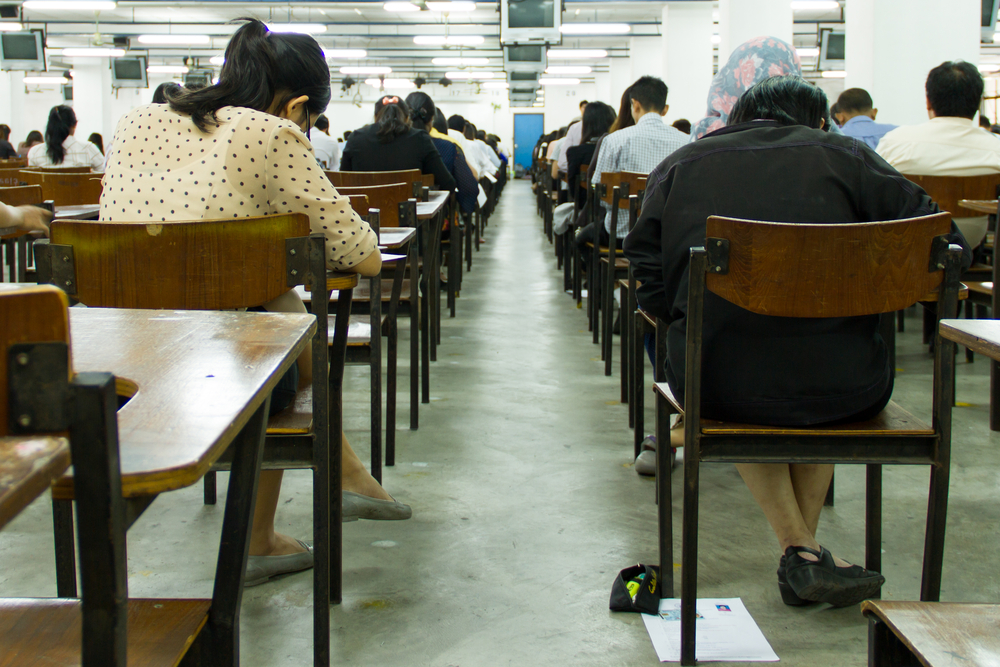
MANILA — As the opening of classes for the new school year draws near, a lawmaker at the House of Representatives has filed a bill that would enable the Commission on Higher Education (CHED) to veto “exorbitant” and “inadequately justified” school fees.
Valenzuela City Rep. Sherwin Gatchalian said he filed House Bill No.
5674 in order to expand CHED’s powers to regulate tuition and other fees.
“Once approved, the bill would require CHED to either disapprove the increase or lower the proposed amount in cases where a higher education institution (HEI) attempts to impose exorbitant, unreasonable, or inadequately justified increase in fees,” the leading Nationalist People’s Coalition (NPC) lawmaker said.
Gatchalian said his proposed law is aimed at ensuring equitable access to quality education for Filipinos from all walks of life as this is a solemn obligation imposed upon the State by the Constitution.
“Unfortunately, the cost of completing a college degree is increasing with each passing year, with about 287 private HEIs being allowed to increase their tuition rates of up to 67 percent. Regulating tuition increases will benefit students coming from poor families but who deserve to be in college to earn a degree,” he said.
To ensure that school fees will still be affordable, Gatchalian said the prevalent inflation rates will be used as a benchmark.
“Any proposed fee increase in excess of the prevalent inflation rates shall be presumed to be unreasonable and must be sufficiently justified by the institution of higher learning proposing the increase,” he said.
Meanwhile, Gatchalian said that HB 5674 also seeks to create an auditing body in CHED that will monitor where the proceeds from the school fees hike were spent.
According to CHED Memorandum Order No. 3, series of 2012, proceeds from school fee hikes should be budgeted as follows: 70 percent for increase of salaries and other benefits of teaching and non-teaching personnel, at least 20 percent for improvement of facilities and other costs of operation.
“As provided by HB 5674, those found to be non-compliant with the guidelines on the allocation of proceeds from tuition and other fees hikes shall be banned from increasing fees for three years, from the date when they were found to be non-compliant,” Gatchalian said.
The proposed measure would also pave the way for the President to appoint a student commissioner to the body to make sure that “primary stakeholders in higher education have a voice in crafting policies and promulgating regulations in pursuance of the Commission’s mandate.”
The student commissioner, who shall serve a one-year term without reappointment, must be 30 years old or below and enrolled in any undergraduate, graduate, or post-graduate degree in an HEI in the country.
The student commissioner must also be an incumbent or former student representative to his/her school’s board of regents and have “unimpeachable integrity” and “impressive track record in promoting students’ rights and welfare.”